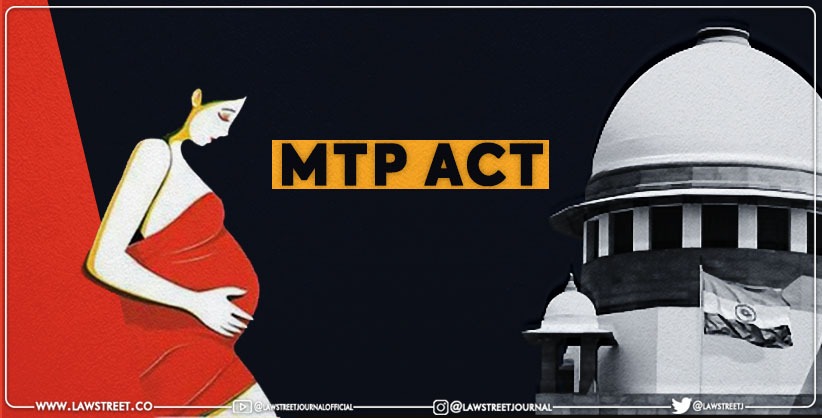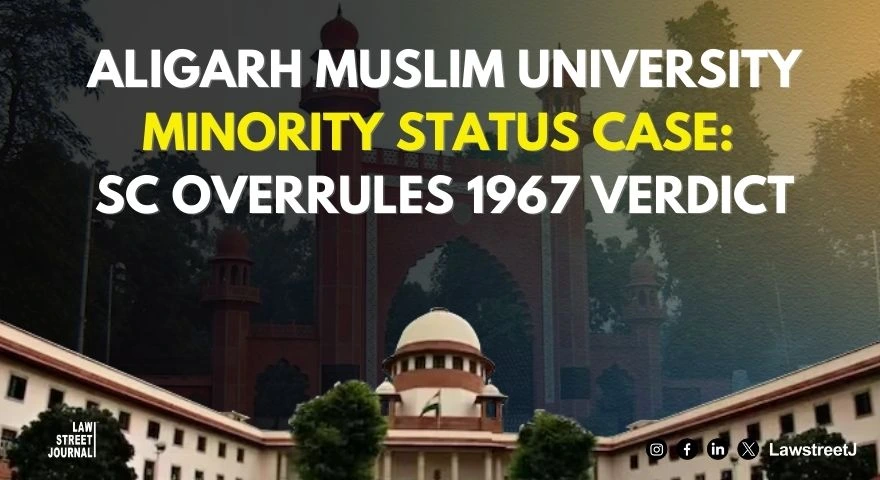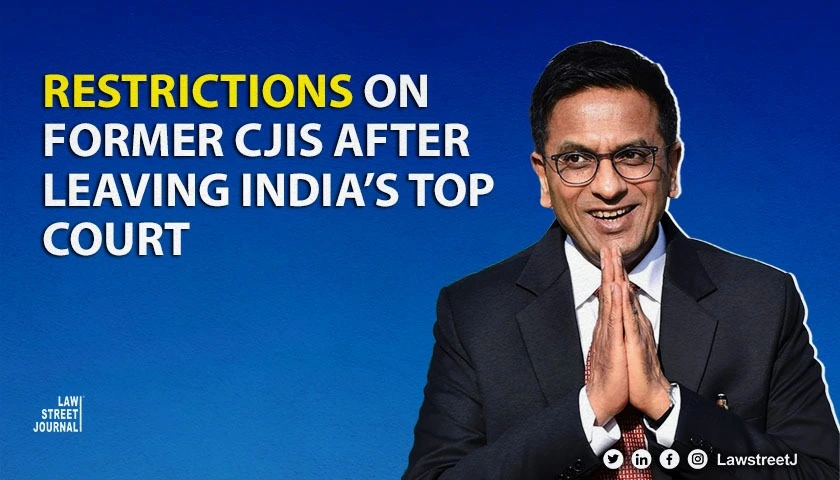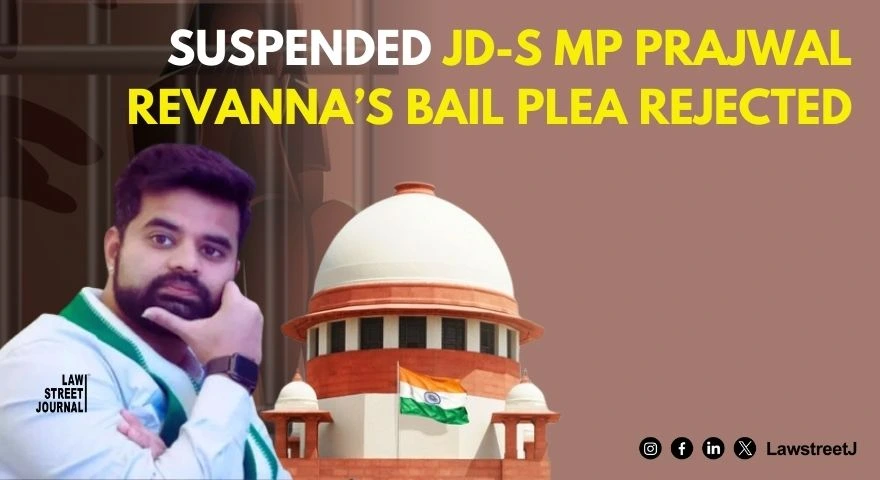NEW DELHI: The Supreme Court has sought a reply from the Centre on a legal question whether provisions of Medical Termination of Pregnancy Act that allowed abortion, except when there is a serious risk to mother, violated right to life of the yet-to-be-born.
A bench of Justices B R Gavai and C T Ravi Kumar issued notice to the Union government on a special leave petition filed by 'Cry for Life Society' and others.
The order, passed on August 29, tagged the instant matter with a pending writ petition (2019) of Swati Agarwal Vs Union of India.
Senior advocate K Radhakrishnan and advocate John Mathew, appearing for the petitioners, contended that permitting abortion for the reasons including that the yet-to-be-born is handicapped or that the pregnancy caused as a result of failure of device or contraceptive method used by any married woman or her husband for the purpose of limiting the number of children can be presumed to constitute grave injury to the mental health of the woman and that hence she can be permitted to undergo abortion, would violate the right to life.
"When a spermatozoon enters an ovum, fertilization takes place, which marks the beginning of the biological life of an individual. Formation of a child is to be considered from this stage. Thereafter it acquires all rights of a human being and is entitled to all protection afforded to every citizen of India, including right to life and property, the only exception is when it becomes a risk or threat to the life of the mother," their plea said.
The plea further said the first petitioner here is a charitable society engaged in espousing social causes, particularly those relating to violation of human rights and foeticide indulged under the cover of the provisions of the MTP Act.
The second petitioner, Jijo George is into promotion of pro-life activities and has worked
extensively in the field, including production and directing a documentary film on the value of life and the agony of the unborn child in an abortion.
The third petitioner, Dr James Joseph is a medical professional working against female foeticide and cruelty perpetrated in the name of abortion. He apprehended that the provisions of the MTP Act actually facilitated female foeticide.
They challenged the validity of the Kerala High Court's order of June 9, 2020 which had dismissed their writ petition.
"The High Court of Kerala dismissed the petition concluding that the validity of Section-3 (2) was upheld by this court in its letter and spirit in the decisions and, when the validity and the vires were not actually under challenge in those cases before this court," they added.
The petitioners submitted that the apex court had in 'Suchita Srivastava and Anr Vs Chandigarh Administration (2009), though while dealing with the right of a woman to make reproductive choices, did specifically recognised the compelling state interest in protecting the life of the prospective child in case of a pregnant woman.






